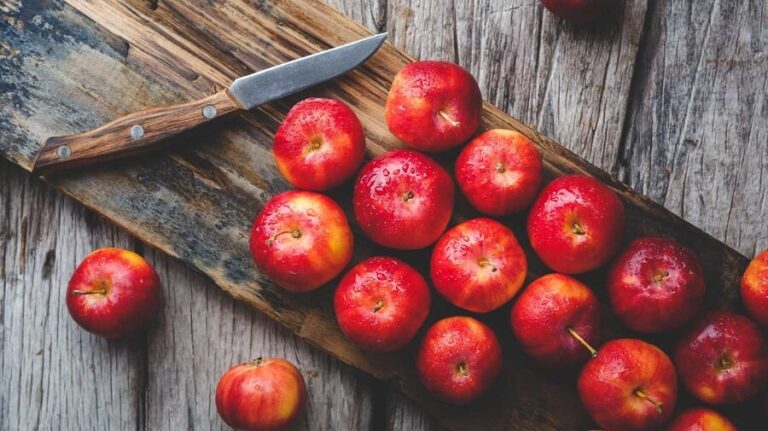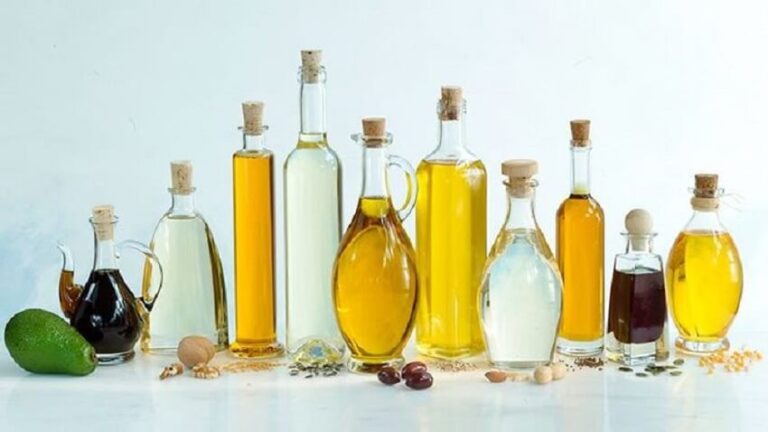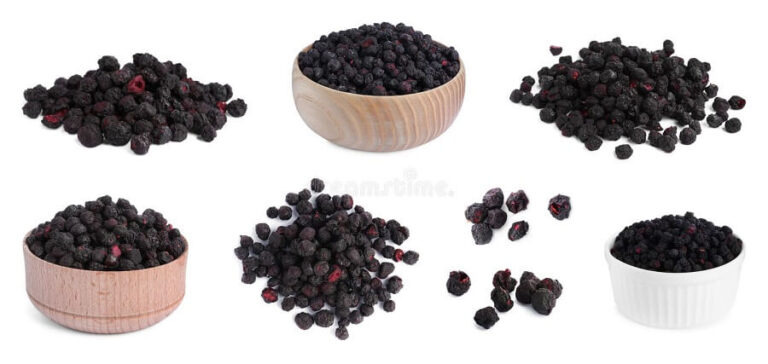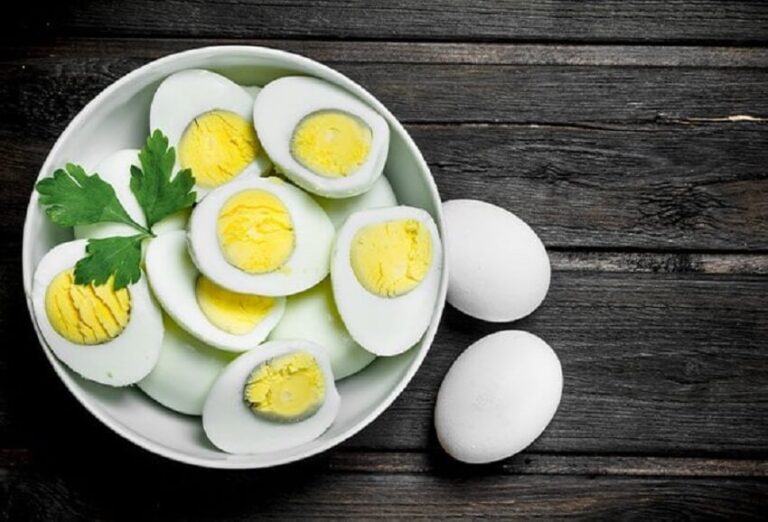What Nutrients Does Broccoli Have?
In the nutritional value of broccoli, its content of vitamin C and minerals such as iron and vitamin K stand out. In addition, broccoli is one of the few foods rich in the calcium of vegetable origin.
Another pro of broccoli’s nutritional value is its low-calorie count. So it is a recommended vegetable for people who want to lose weight.
Read on to find out the macronutrients in broccoli: carbohydrates, proteins, and fats, as well as the content of vitamins and minerals in their nutritional value.
Nutritional information for broccoli (100 g)
Below is a table of nutritional information for 100g of broccoli according to the USDA:
| Water | g | 89 |
| Energy | kcal | 34 |
| Protein | g | 2.8 |
| Total fat | g | 0.4 |
| Carbohydrates | g | 6.6 |
| Total fiber | g | 2.6 |
| Sugars | g | 1.7 |
| Minerals | ||
| Football | mg | 47 |
| Iron | mg | 0.7 |
| Magnesium | mg | 21 |
| Match | mg | 66 |
| Potassium | mg | 316 |
| Sodium | mg | 33 |
| Zinc | mg | 0.4 |
| Vitamins | ||
| C vitamin | mg | 89 |
| Thiamine | mg | 0.07 |
| Riboflavin | mg | 0.2 |
| Niacin | mg | 0.6 |
| Vitamin B6 | mg | 0.2 |
| Folate | µg | 63 |
| Vitamin B12 | µg | 0 |
| Vitamin A | µg | 31 |
| Vitamin E | mg | 0.8 |
| Vitamin D | µg | 0 |
| Vitamin K | µg | 102 |
Table: broccoli nutritional value (100 g). Source
Broccoli is low in carbohydrates
As can be seen in the nutritional value table, 100 g of broccoli provide only 6.6 g of carbohydrates. One of the lowest carbohydrate foods of plant origin. This property makes broccoli a food allowed in weight loss diets. This is an allowable food on a low-carb diet, such as the ketogenic diet.
Broccoli proteins
Broccoli is not a food that stands out for its protein content. However, it provides 2.8 g per 100 g—a considerable figure for a portion of plant food. The importance of protein cannot be denied in nutrition. However, covering it with broccoli does not make sense.
Broccoli is practically fat-free.
Broccoli’s low-calorie content is explained not only by its high water content but also by its low-fat content. Like most oleraceas within the nutritional value of broccoli, fats are a minority, only 0.4 g per 100 g of this vegetable.






